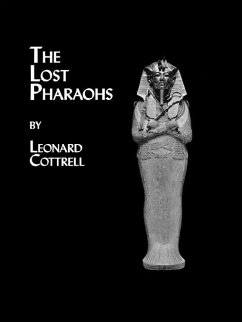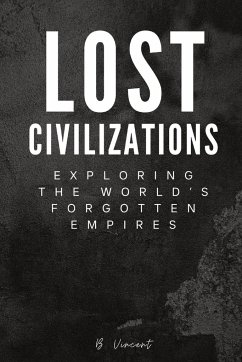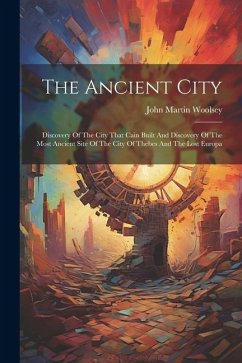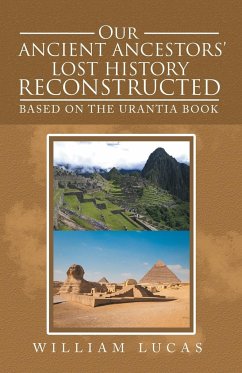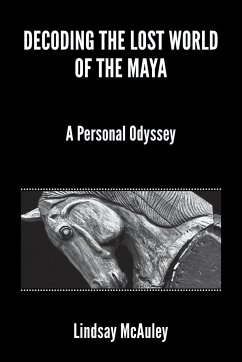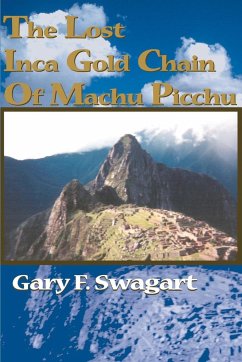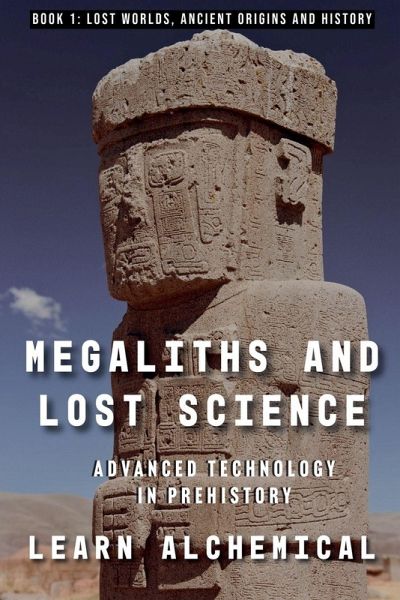
Megaliths and Lost Science
Advanced Technology in Prehistory
Versandkostenfrei!
Versandfertig in 1-2 Wochen
23,99 €
inkl. MwSt.

PAYBACK Punkte
12 °P sammeln!
Across windswept plains, misty coasts, and forgotten valleys stand the megaliths-silent monuments of stone that defy time and explanation. From the vast circles of Stonehenge and Carnac to the underground chambers of Malta, from the spiraled carvings of Newgrange to the shattered blocks of Puma Punku, these sites are more than ruins. They are enigmas carved in granite, whispering of a science we no longer understand. For centuries, archaeologists, explorers, and visionaries have asked: Who built them, and why? Were these monuments primitive ritual centers, or did they encode astronomical knowl...
Across windswept plains, misty coasts, and forgotten valleys stand the megaliths-silent monuments of stone that defy time and explanation. From the vast circles of Stonehenge and Carnac to the underground chambers of Malta, from the spiraled carvings of Newgrange to the shattered blocks of Puma Punku, these sites are more than ruins. They are enigmas carved in granite, whispering of a science we no longer understand. For centuries, archaeologists, explorers, and visionaries have asked: Who built them, and why? Were these monuments primitive ritual centers, or did they encode astronomical knowledge, acoustic harmonics, and geometric principles lost to history? Why do so many cultures-separated by oceans-share spirals, cup-marks, and sacred orientations toward the stars? Could sound itself have been a forgotten tool, shaping stone and altering consciousness? In Megaliths and Lost Science, the stones are not treated as mute relics but as active archives of ancient memory. This book journeys through spirals and symbols, echo chambers and alignments, myths and suppressed discoveries, uncovering how these monuments may have preserved fragments of a forgotten world science. Drawing upon archaeology, archaeoastronomy, mythology, and emerging fields such as archaeoacoustics and cymatics, it challenges orthodox timelines while grounding its insights in cross-cultural comparisons and hard data. Both rigorous and provocative, this work invites readers into the great debate between mainstream history and alternative visions of the past. It explores how colonialism and academic orthodoxy have shaped the way we interpret sacred sites, and how new technologies-satellite mapping, genetic research, acoustic testing-are reawakening questions long dismissed. This is not a book of simple answers, but of necessary questions. The megaliths endure because they were built on more than stone. They were tuned to resonance, aligned with the heavens, and infused with meaning. Their silence is deceptive-for those who listen carefully, the stones still speak.



